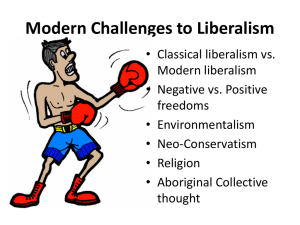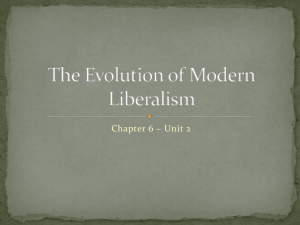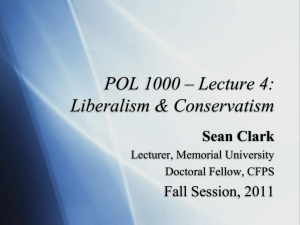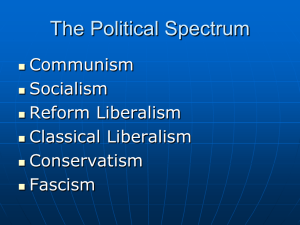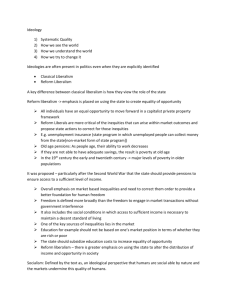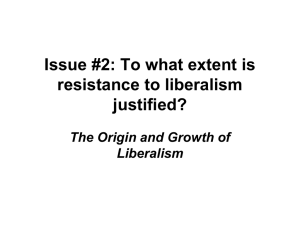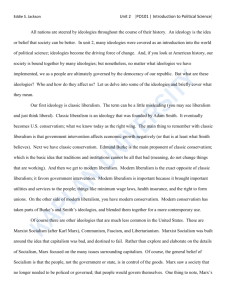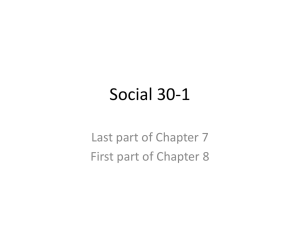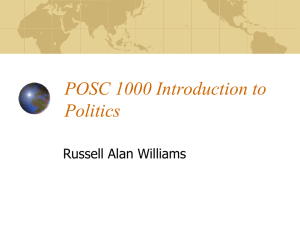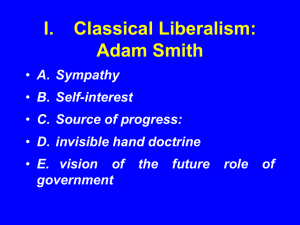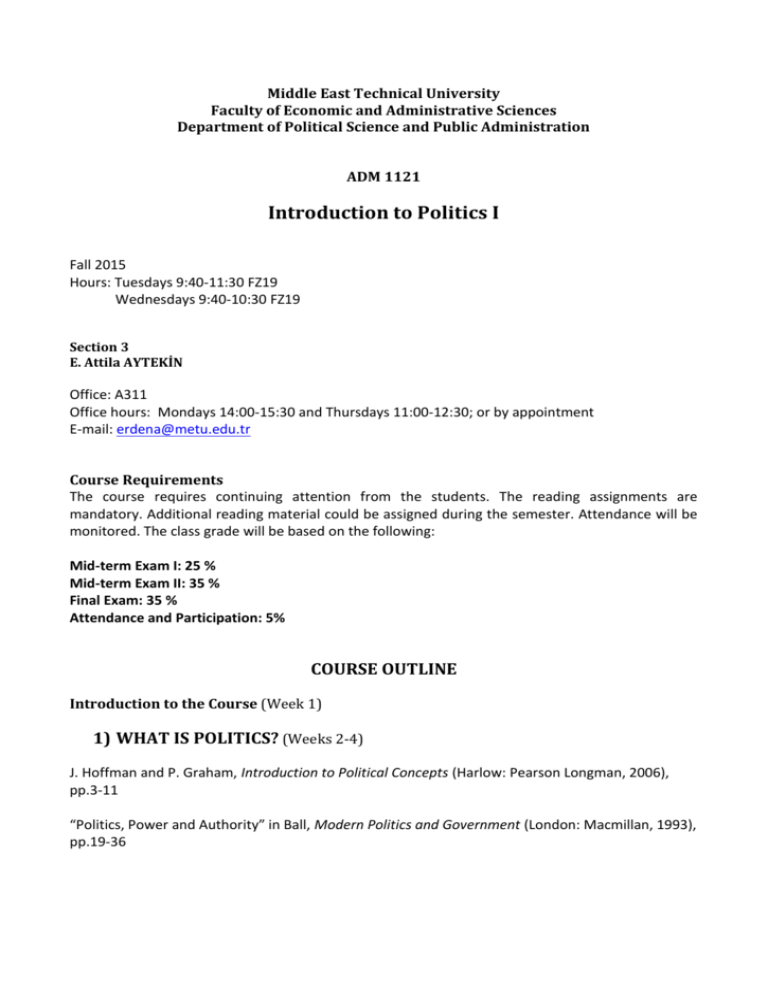
Middle East Technical University
Faculty of Economic and Administrative Sciences
Department of Political Science and Public Administration
ADM 1121
Introduction to Politics I
Fall 2015
Hours: Tuesdays 9:40-11:30 FZ19
Wednesdays 9:40-10:30 FZ19
Section 3
E. Attila AYTEKİN
Office: A311
Office hours: Mondays 14:00-15:30 and Thursdays 11:00-12:30; or by appointment
E-mail: erdena@metu.edu.tr
Course Requirements
The course requires continuing attention from the students. The reading assignments are
mandatory. Additional reading material could be assigned during the semester. Attendance will be
monitored. The class grade will be based on the following:
Mid-term Exam I: 25 %
Mid-term Exam II: 35 %
Final Exam: 35 %
Attendance and Participation: 5%
COURSE OUTLINE
Introduction to the Course (Week 1)
1) WHAT IS POLITICS? (Weeks 2-4)
J. Hoffman and P. Graham, Introduction to Political Concepts (Harlow: Pearson Longman, 2006),
pp.3-11
“Politics, Power and Authority” in Ball, Modern Politics and Government (London: Macmillan, 1993),
pp.19-36
a) Central concepts of political science:
power, authority, legitimacy
b) Approaches to Politics
Pluralist approach
Managerial / institutionalist approaches
Critical approaches: Marxist and feminist perspectives
2) CLASSICAL LIBERALISM (Weeks 5-7)
The context: the dissolution of the medieval society
The Enlightenment
Ontology and epistemology of classical liberalism
Utilitarianism
Classical liberalism on state
“Classical Liberalism” in Schumaker, Kiel and Heilke, Grand Ideas, Grand Schemes: Political
Ideologies in the Nineteenth Century (New York: McGraw Hill, 1996), pp.43-78
3) TRADITIONAL CONSERVATISM (Weeks 8-10)
The context: French revolution and its discontents
Approach to Classical Liberalism
Hirschman’s analysis of conservative arguments
Ontology and epistemology of classical liberalism
Traditional conservatism on justice and state
“Traditional Conservatism” in Schumaker, Kiel and Heilke, Grand Ideas, Grand Schemes: Political
Ideologies in the Nineteenth Century (New York: McGraw Hill, 1996), pp.79-105
4) MARXISM (Weeks 11-13)
The context: Industrial capitalism
Key concepts: Alienation, Class, Production
Epistemology and method in Marxism
Marx’s analysis of capitalism
Marxist theory of state
The question of transition
“Marxism” in Schumaker, Kiel and Heilke, Grand Ideas, Grand Schemes: Political Ideologies in the
Nineteenth Century (New York: McGraw Hill, 1996), pp.136-171


